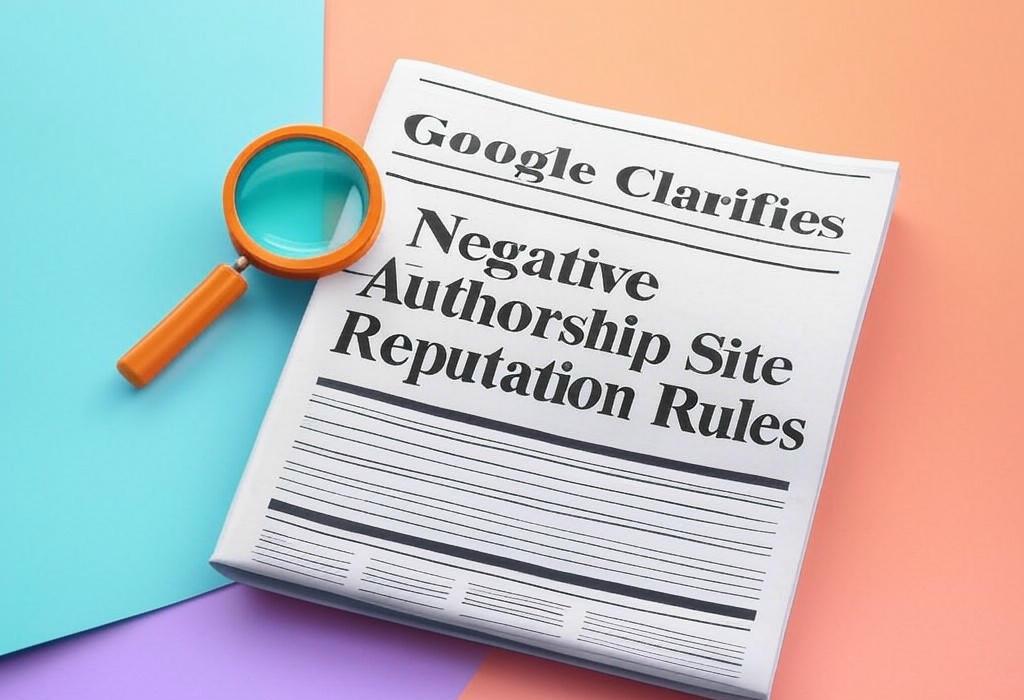
Author Reputation and Site Sections: Google’s View
Worried that bringing on a writer with a less-than-stellar background might tank your site’s rankings? Or maybe you’re wondering if that little blog section on your huge e-commerce site has its own street cred with Google? These are common headaches, and Roger Montti recently shed some light on Google’s thinking here, based on comments from John Mueller.
No “Negative Authorship” Penalty
First up, the idea of “negative authorship” – where a writer’s bad reputation elsewhere could directly poison your site just by having their name on it. According to Mueller, as reported by Montti, Google doesn’t really have a system that works like that. They aren’t automatically penalizing your site because Author X, who maybe wrote some spammy stuff years ago, is now contributing. Phew, right? But hold on, this doesn’t mean you can publish junk. The focus is still squarely on the *quality of the content itself* on *your* specific page. If the content is bad, it will perform badly, regardless of who wrote it. Quality is king, always.
Understanding “Mini-Site Reputation”
Then there’s the concept of “mini-site reputation.” Can Google figure out that your forum, your blog, or your support section is distinct from your main product pages and judge them separately? Mueller suggests Google is pretty smart about this. They often *can* understand different sections of a website and assign reputation accordingly, especially if those sections are clearly defined and perhaps operate a bit differently. This is great news if you have a specific section you’ve poured resources into – its good reputation might stand on its own. It also means a poorly performing section might not *always* drag the entire domain down, though there can definitely be overlaps.
Key Takeaways: Quality and Structure
What Roger Montti’s reporting underlines is that while Google doesn’t play guilt-by-association with author names, content quality is non-negotiable. And structuring your site clearly can help Google understand the different value propositions within it. It’s complex, but knowing Google *tries* to differentiate sections gives us clues on managing site structure and content strategy.
Learn More
But how exactly does Google draw these lines between site sections? For a deeper dive into Mueller’s comments and Montti’s analysis, you should really read the original piece.
Source: Get the full scoop on Google’s stance on author reputation and site sections for yourself.
